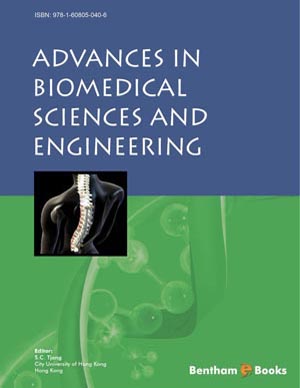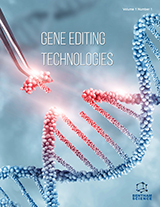Abstract
Nickel-titanium (NiTi) shape memory alloys are very potential for surgical implantation due to two unique properties: super-elasticity and shape memory effect. These advantages cannot be seen in current biomedical metallic materials such as medical grade titanium alloys and stainless steels. However, nickel ion release remains a major concern particularly for large implants placed on the spine or joints, as fretting is always expected at such implant junctions. Therefore, an advanced surface treatment using plasma immersion ion implantation (PIII) technology to tackle this issue
About this chapter
Cite this chapter as:
Kelvin Wai-Kwok Yeung, Kenneth MC Cheung, Keith Dip-Kei Luk, Shuilin Wu, Xuanyong Liu, Chenglin Chu, Chi Yuan Chung, Paul Kim-Ho Chu ;Plasma Surface Modification of Nickel Titanium Shape Memory Alloys, Advances in Biomedical Sciences and Engineering (2009) 1: 45. https://doi.org/10.2174/978160805040610901010045
| DOI https://doi.org/10.2174/978160805040610901010045 |
| Publisher Name Bentham Science Publisher |






















